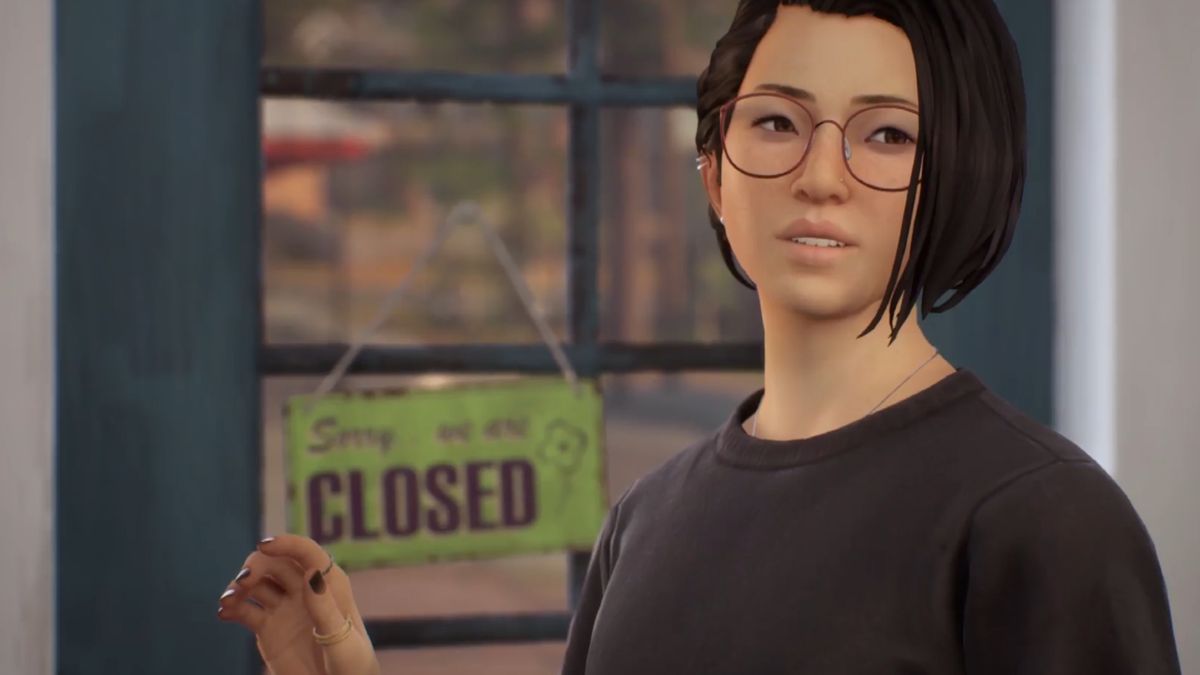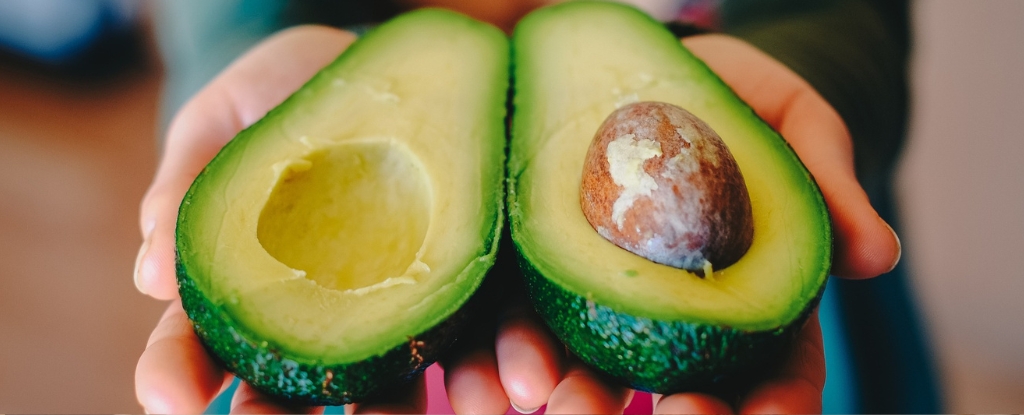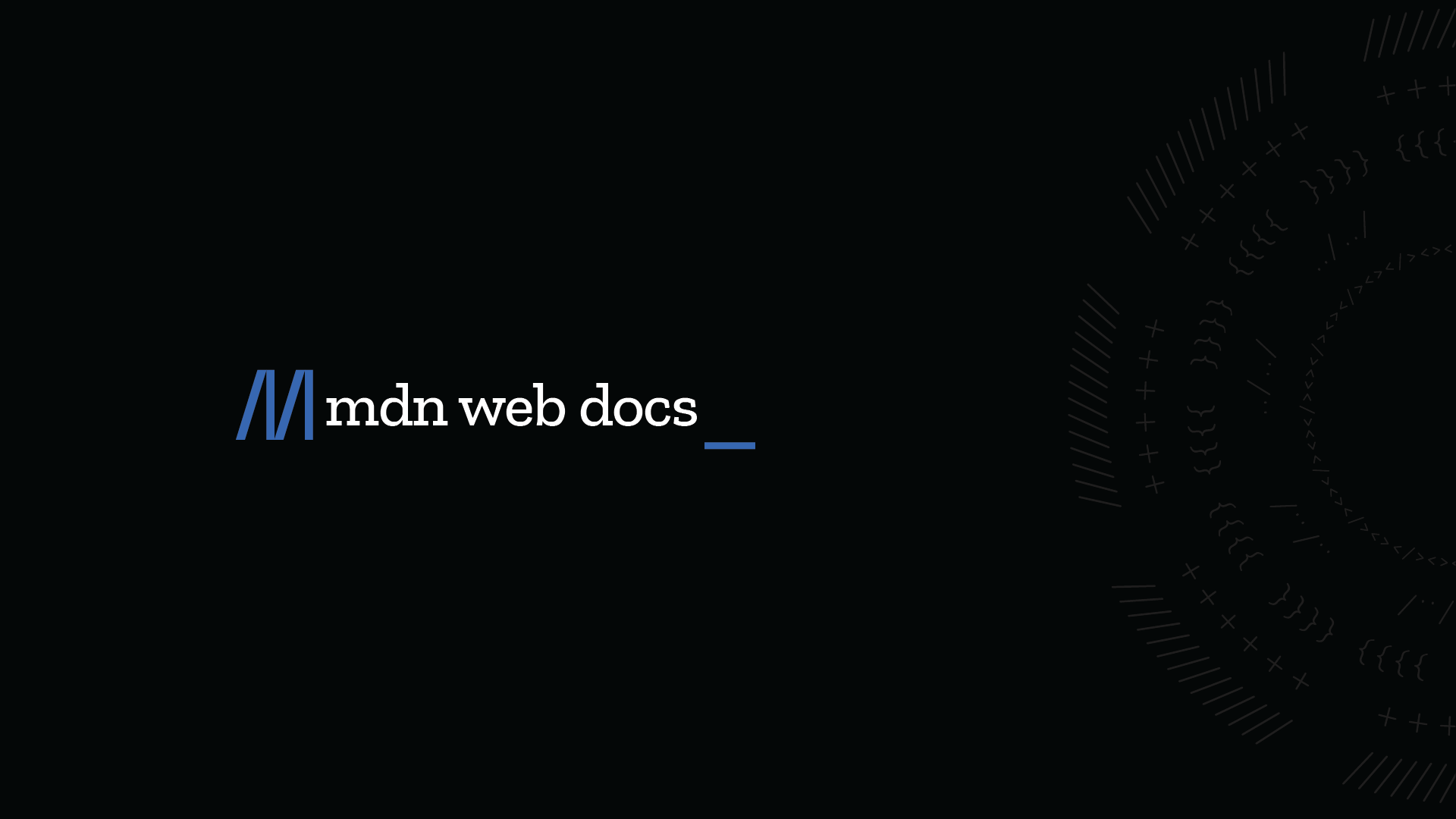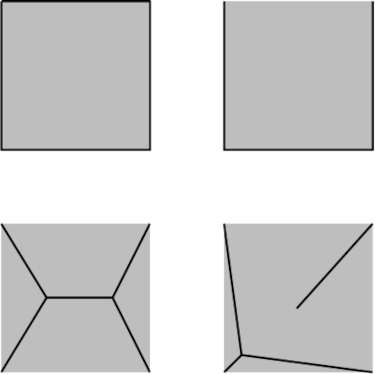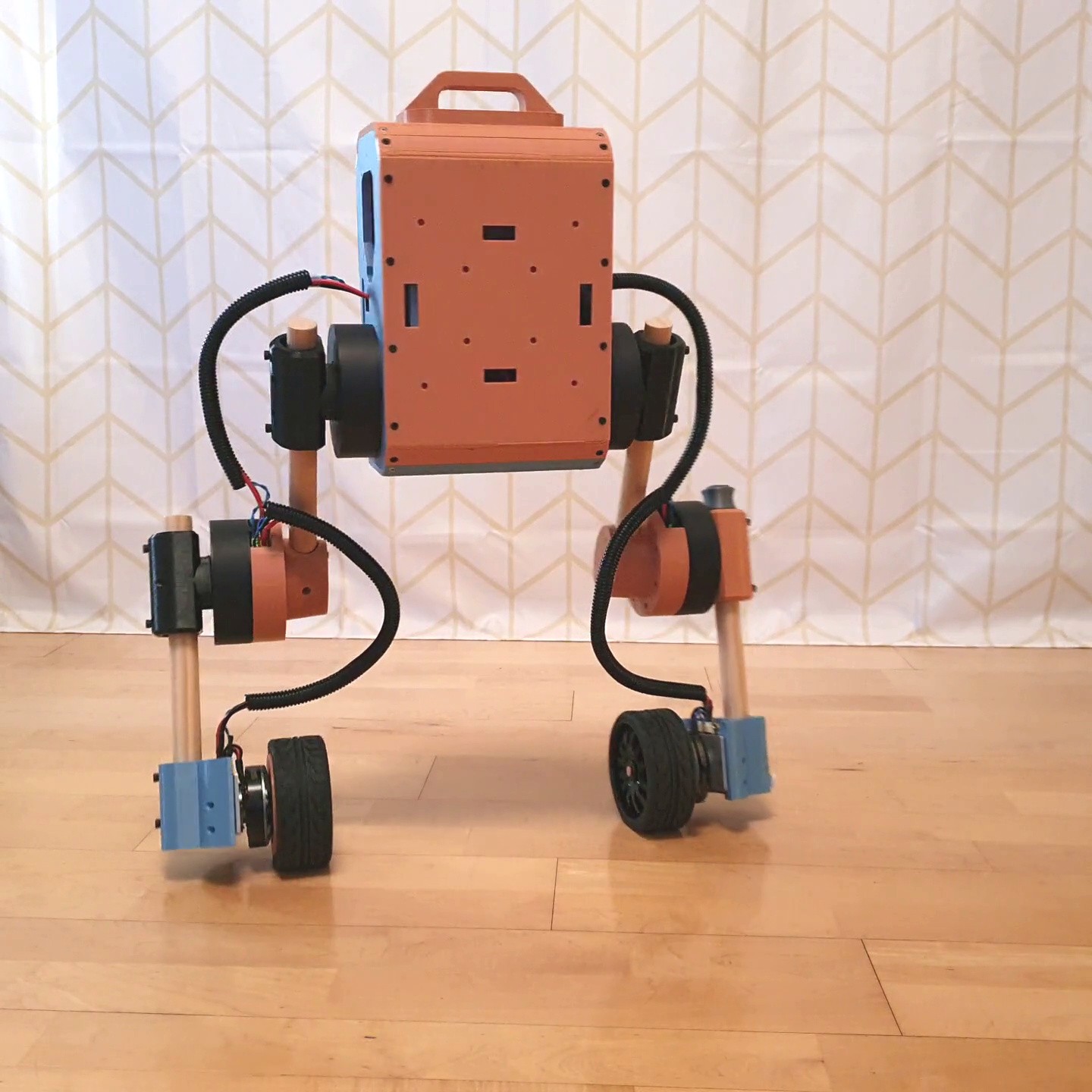
Steam adds the harsh truth that you’re buying “a license,” not the game itself
There comes a point in most experienced Steam shoppers' lives where they wonder what would happen if their account was canceled or stolen, or perhaps they just stopped breathing. It's scary to think about how many games in your backlog will never get played; scarier, still, to think about how you don't, in most real senses of the word, own any of them.
Now Valve, seemingly working to comply with a new California law targeting "false advertising" of "digital goods," has added language to its checkout page to confirm that thinking. "A purchase of a digital product grants a license for the product on Steam," the Steam cart now tells its customers, with a link to the Steam Subscriber Agreement further below.
California's AB2426 law, signed by Gov. Gavin Newsom Sept. 26, excludes subscription-only services, free games, and digital goods that offer "permanent offline download to an external storage source to be used without a connection to the internet." Otherwise, sellers of digital goods cannot use the terms "buy, purchase," or related terms that would "confer an unrestricted ownership interest in the digital good." And they must explain, conspicuously, in plain language, that "the digital good is a license" and link to terms and conditions.
Which is what Valve has now added to its cart page before enforcement of these terms was due to start next year. The company has long made it clear, deeper inside its End User License Agreement (EULA), that a purchase is a license, and those licenses cannot be resold, which avoids issues of one's right to resell a game. Now it is something that every user sees on every purchase, however quickly they click-through to get to their download.



